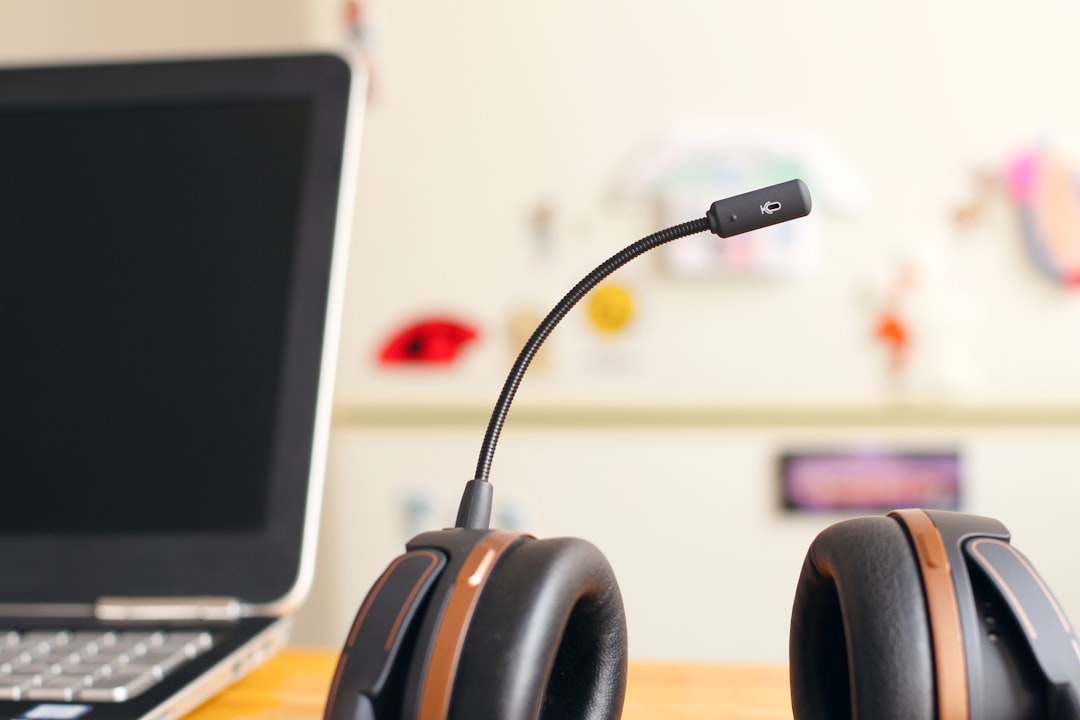West Virginia's strict regulations on autodialer law firms protect consumers from unwanted calls. Firms must navigate license requirements, state/federal telemarketing laws, and the Consumer Protection Act (CPA) to avoid penalties. Best practices include obtaining prior consent, respecting do-not-call requests, maintaining records, and providing staff training for ethical, compliant autodialing.
In West Virginia, the rise of autodialers for telemarketing purposes presents unique compliance challenges. This article delves into the complex legal landscape surrounding these automated calling systems, focusing on key aspects affecting autodialer users in the state. We explore licensing requirements for law firms employing autodialers, dissect the Consumer Protection Act’s impact on automated calls, and offer best practices to ensure ethical and compliant dialing. Understanding these dynamics is crucial for businesses navigating West Virginia’s autodialer regulations.
Navigating West Virginia's Legal Landscape for Autodialers

In West Virginia, the legal landscape for autodialers involves navigating a series of regulations designed to protect consumers from unwanted phone calls. The state’s laws, enforced by dedicated consumer protection agencies, strictly govern the use of automated dialing systems, also known as autodialers. Businesses operating in this space must adhere to specific guidelines regarding consent, call frequency, and disclosure requirements to avoid penalties and maintain compliance. Engaging the services of experienced autodialer law firms in West Virginia is crucial for staying informed about evolving regulations and ensuring fair business practices.
These legal considerations are particularly important given the prevalence of autodial technology in modern marketing strategies. Companies utilizing autodialers must be adept at balancing their promotional efforts with respect for consumer privacy, ensuring compliance across all aspects of their operations. Staying current on West Virginia’s autodialer laws is essential for businesses aiming to thrive while upholding ethical standards and avoiding legal repercussions.
Compliance Requirements: Do Law Firms Need Licenses?

In West Virginia, the compliance landscape for autodialers in the legal sector can be complex and often confusing. Law firms employing automated dialing systems, commonly known as autodialers, must navigate a series of regulations to ensure they adhere to state and federal laws. One critical aspect is understanding license requirements.
While autodialer technology is a powerful tool for legal practices, particularly in outreach and client acquisition, it does not automatically grant immunity from compliance rules. Law firms using autodialers may need to obtain specific licenses, depending on their operations. The state’s regulations mandate that licenses be secured to conduct certain types of telemarketing activities, including automated calls. Therefore, law firms employing autodialers should carefully assess their needs and consult relevant authorities to ascertain whether a license is mandatory, thereby ensuring they remain compliant with the autodialer law firms West Virginia regulations.
Consumer Protection Act: How It Affects Automated Calls

In West Virginia, the Consumer Protection Act (CPA) plays a pivotal role in regulating automated calls made by autodialer law firms. The CPA aims to safeguard consumers from intrusive and unsolicited phone communications, ensuring that businesses adhere to ethical marketing practices. When it comes to autodialers, the law stipulates that companies must obtain prior express consent from recipients before initiating automated or prerecorded calls.
Firms using autodialers for outreach in West Virginia must carefully navigate these regulations. Failure to secure proper consent can result in significant legal repercussions, including fines and damage to their reputation. Understanding and complying with the CPA is essential for autodialer law firms to maintain compliance while effectively reaching potential clients.
Best Practices to Ensure Legal and Ethical Dialing

To ensure legal and ethical dialing with an autodialer in West Virginia, law firms should adopt best practices that align with the state’s regulations. One crucial practice is obtaining prior express consent from recipients before making automated calls. This can be achieved through clear opt-in mechanisms during initial client interactions. Additionally, law firms must respect do-not-call requests and promptly remove numbers from their dialing lists to avoid causing annoyance or frustration to potential clients.
Another best practice involves maintaining comprehensive records of consent and call data. These records should include the date, time, content, and outcome of each call, allowing for transparency and accountability. Regular training sessions for staff involved in autodialer operations are essential to keep them updated on changing regulations and ethical considerations. By adhering to these practices, West Virginia law firms can navigate compliance challenges effectively while utilizing autodialers to reach potential clients.






